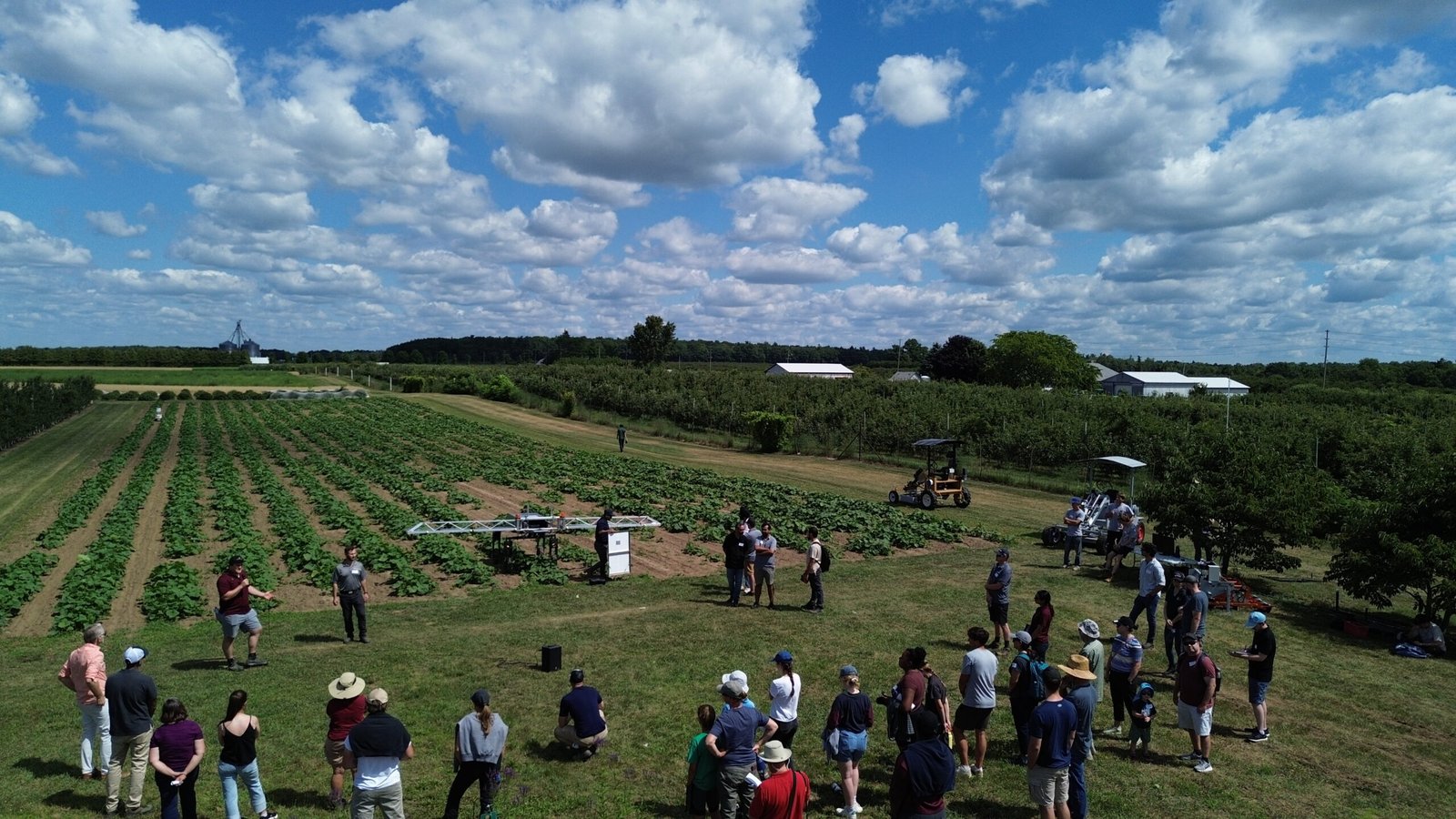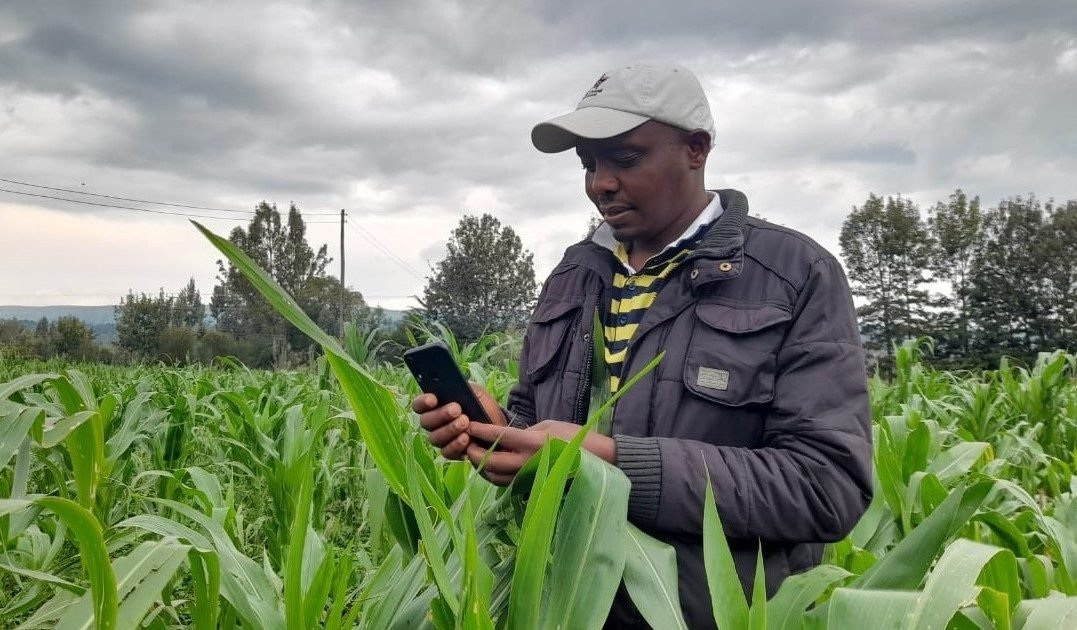In today’s complex global landscape, with its inherent challenges and tariff issues, the need to prioritize our local agri-food producers and consumers is more urgent than ever. Yet, this crucial focus is complicated by a significant domestic challenge: the diminishing presence of public agricultural extension services in Canada, a direct result of sustained government funding cuts. For far too long, the vital field of agricultural extension and advisory services (EAS) has been largely overlooked within Canadian academia.
It was precisely this critical void that prompted the inception of a transformative project led by Dr. Ataharul Chowdhury and the Capacity Development and Extension Program at the School of Environmental Design and Rural Development (SEDRD), University of Guelph. Funded through the Ontario Agri-food Innovation Alliances, KTT Research Funding Call, this initiative, officially titled “Improving the Effectiveness of Advisory Services for Facilitating Information Sharing, Accessibility and Adoption of Sustainable Farm Management Practices in Ontario”
The core of this project was to re-establish a much-needed dialogue around EAS. Recognizing that Ontario farmers faced challenges in accessing quality, need-based services due to a lack of coordination among providers, the research aimed at:
- Map out existing advisory service providers and their network mechanisms.
- Assess organizational capacity, service quality, and the effectiveness of methods used.
Employing a “best fit” approach through stakeholder analysis, forums, surveys, and workshops, the project sought to generate two key benefits: an enhanced understanding of current advisory service effectiveness for sustainable management practices, and the development of a strategy to improve pluralistic advisory service networks in Ontario.
This foundational work has not only illuminated the complexities of Ontario’s pluralistic advisory system but has also successfully brought EAS back into the academic and practical spotlight. The very conference you are attending, detailed further at caree.ca/posts-2/, is a direct testament to the project’s success in sparking this essential conversation and driving forward actionable outcomes for the future of our agri-food sector. Visit the website to learn more about the projects, resources and publication
We invite you to delve into the project’s findings and join us in shaping a more resilient and responsive advisory landscape for Ontario’s producers.


